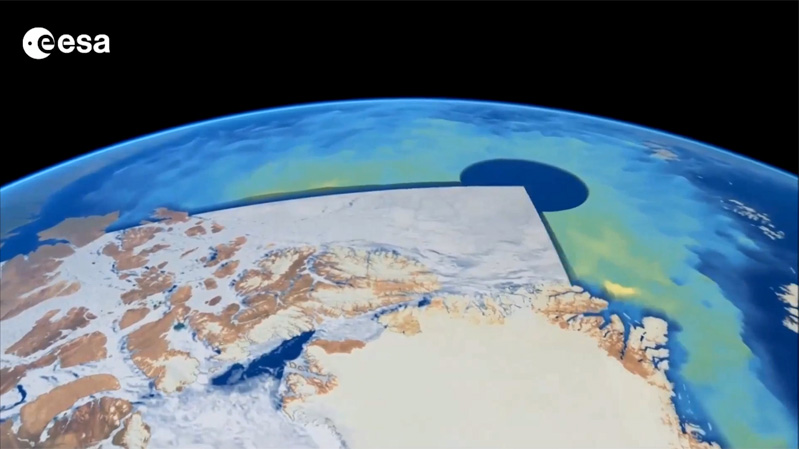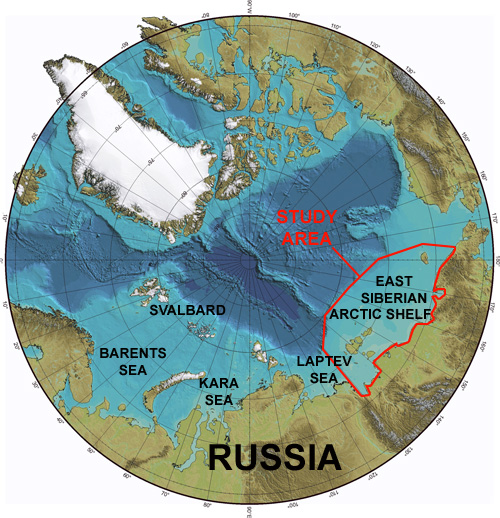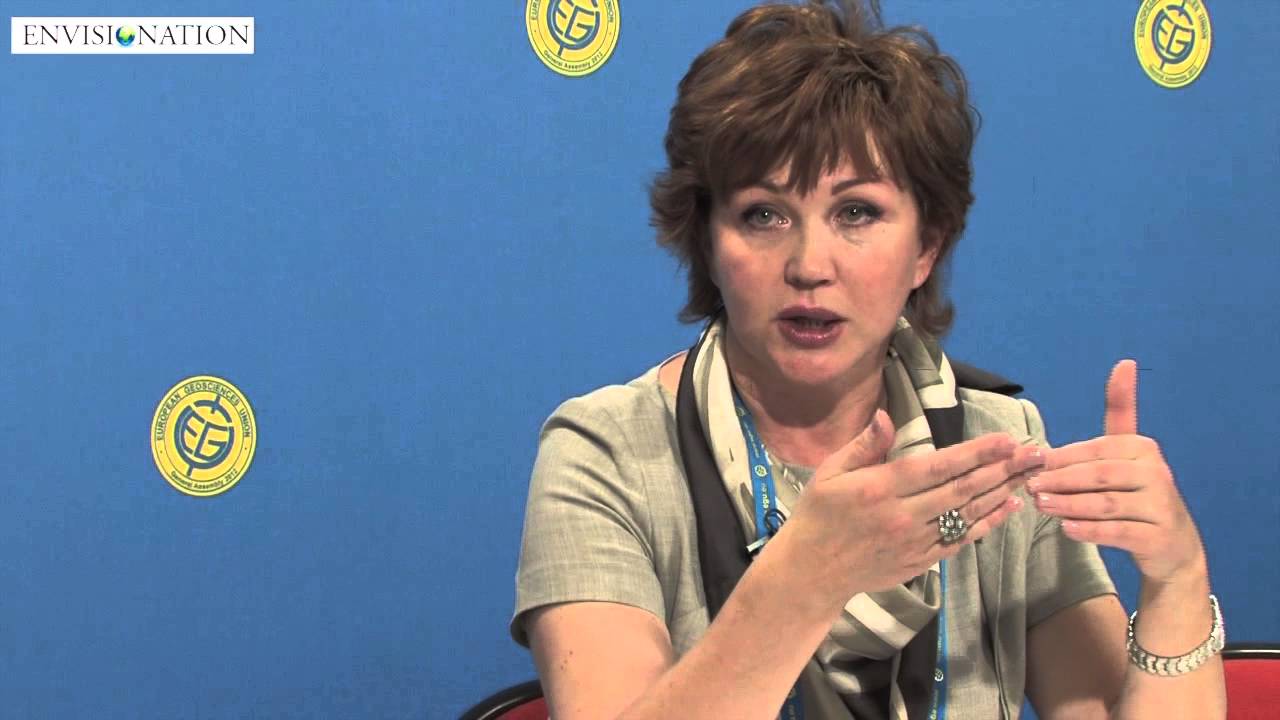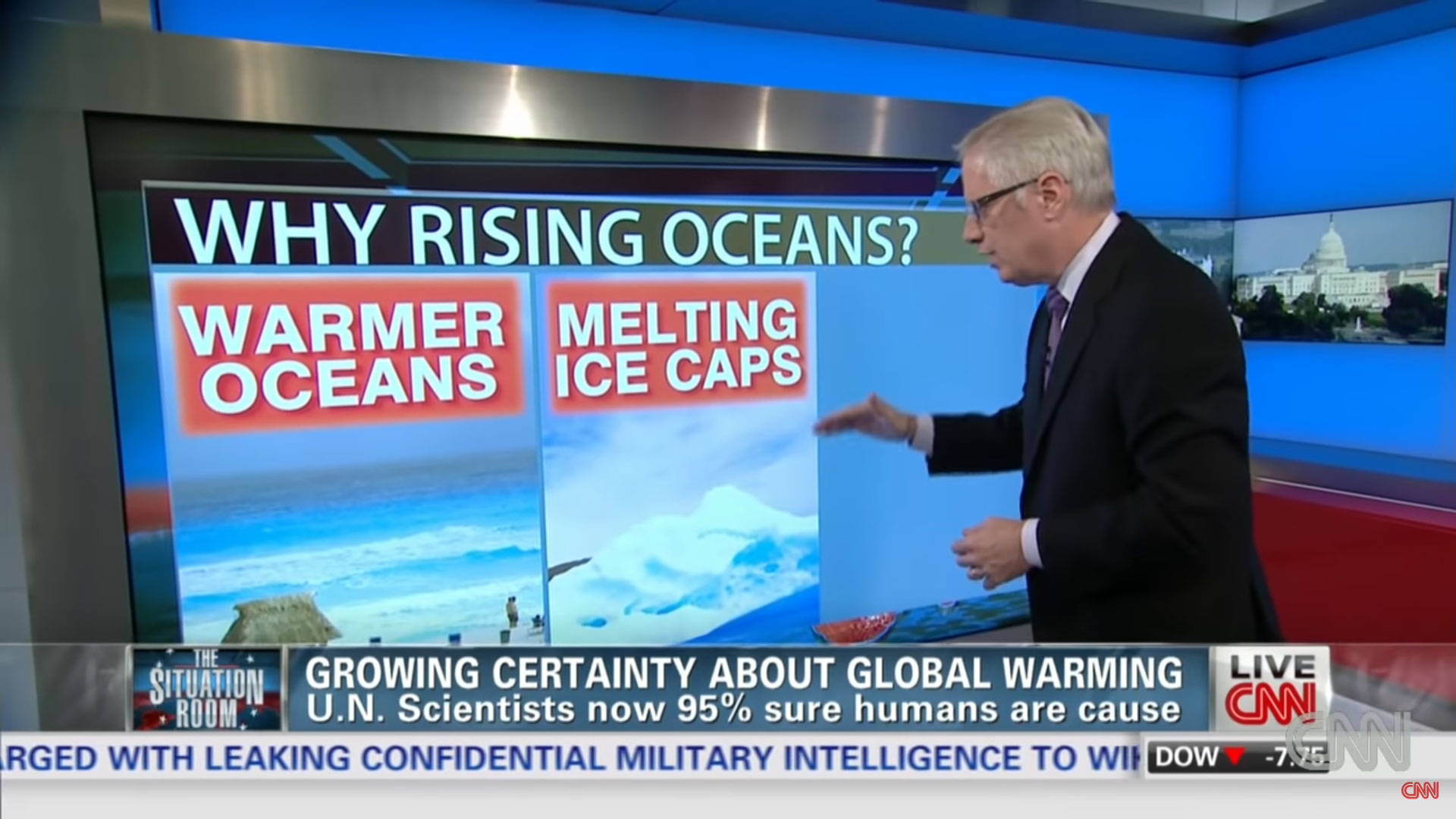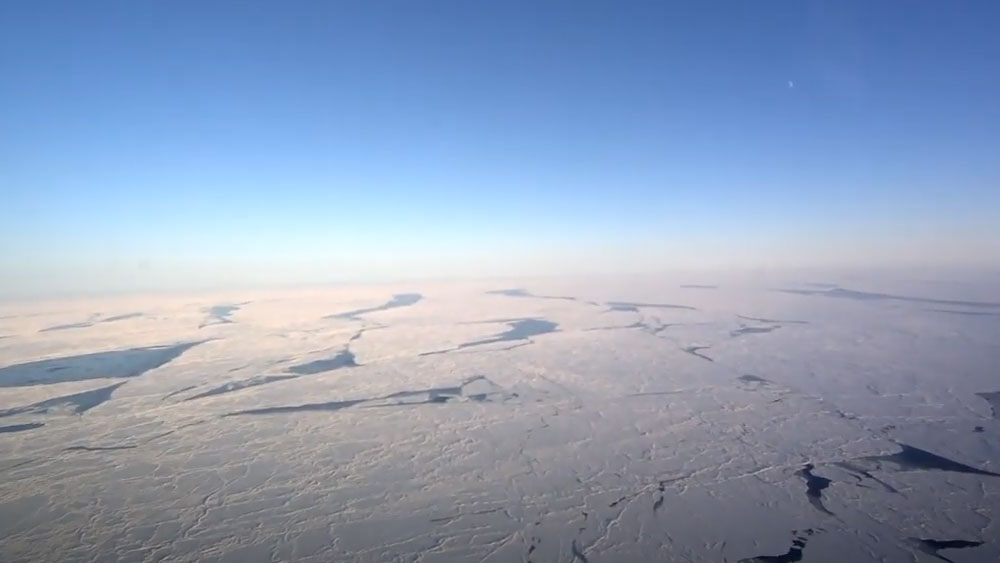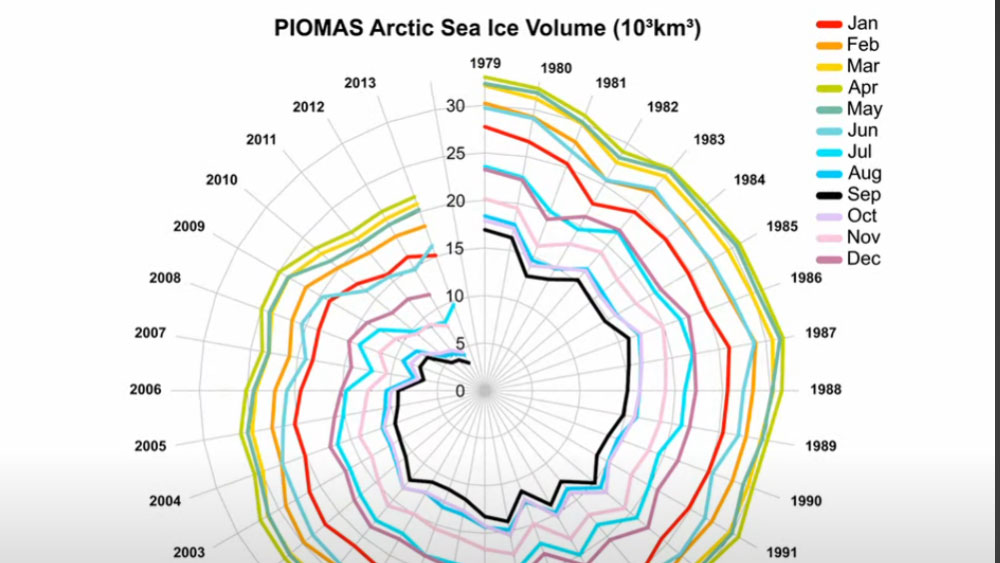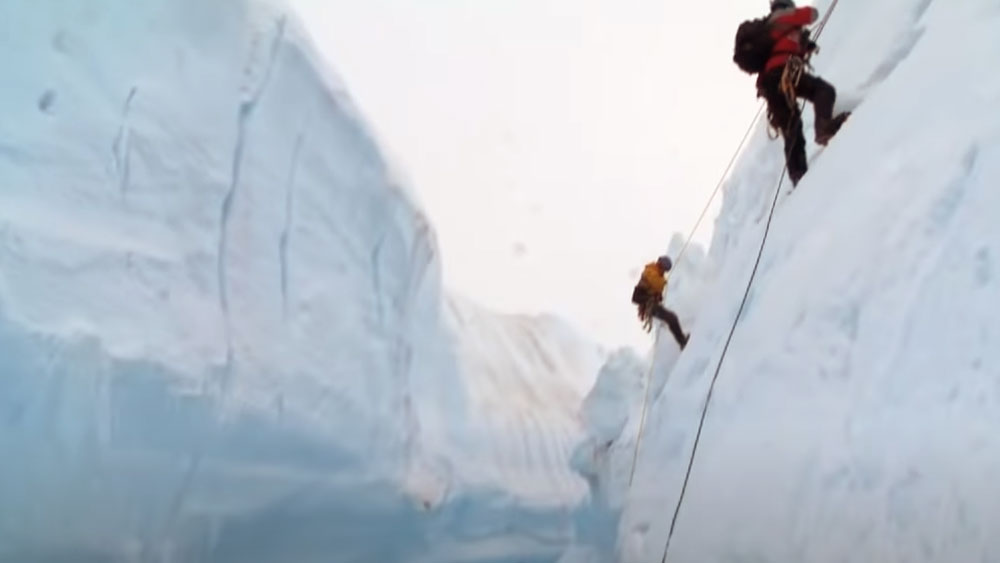https://www.youtube.com/watch?v=qvxZ-6cnhIU Via ESA, 11 September 2013: Offering new insights into our […]
A compilation of related science with some commentary. Microbes in […]
SkepticalScience.com by John Mason on January 19 2012: In December […]
Natalia Shakhova, Igor Semiletov | Source | University of Alaska, Fairbanks, International […]
Published on Aug 20, 2013: A UN panel says scientists […]
Aug 23, 2013: You’ve seen the great cockpit footage from […]
Published on YouTube Nov 16, 2012: Extreme Ice Survey’s James […]
